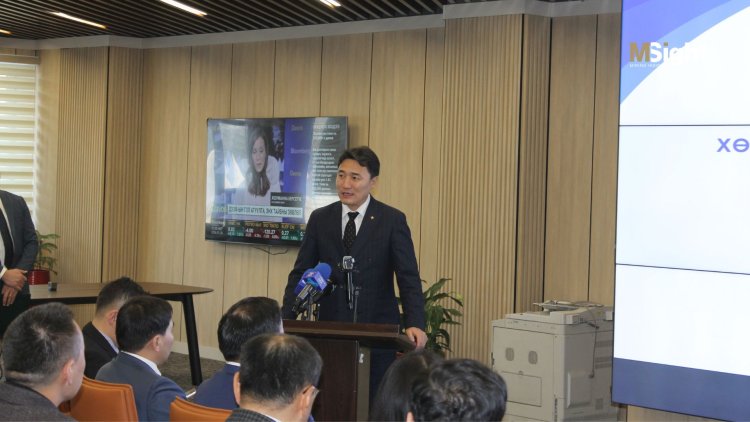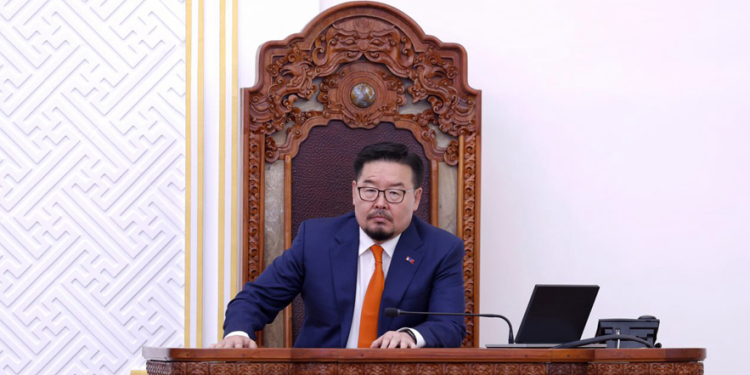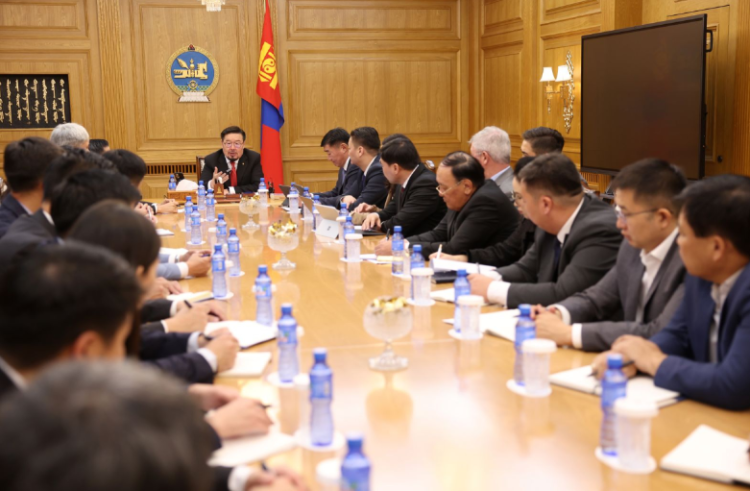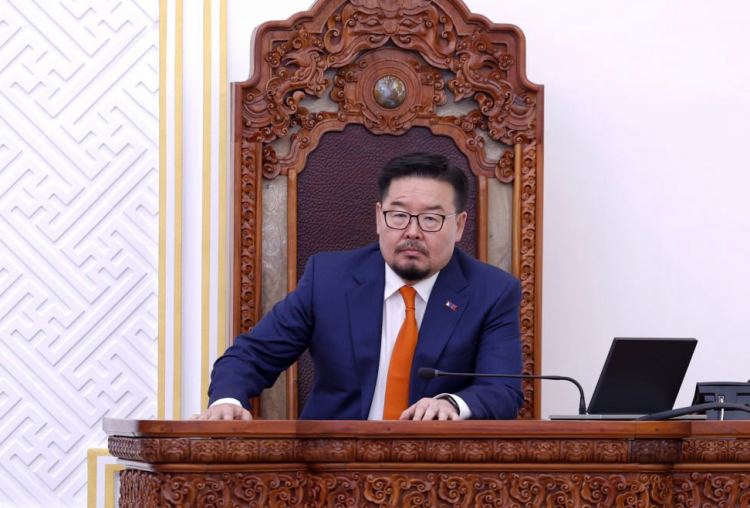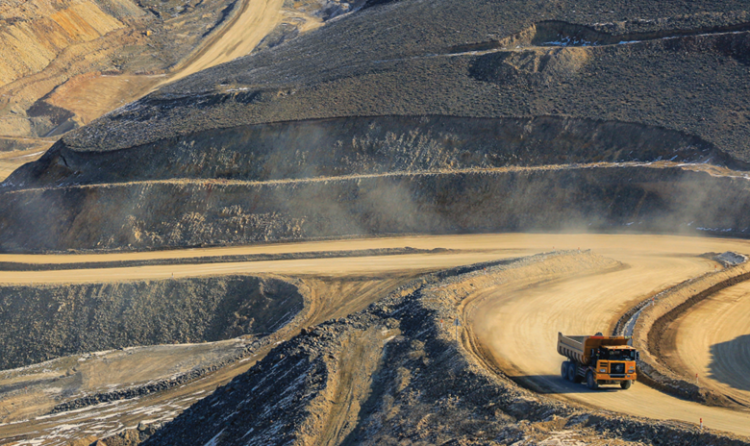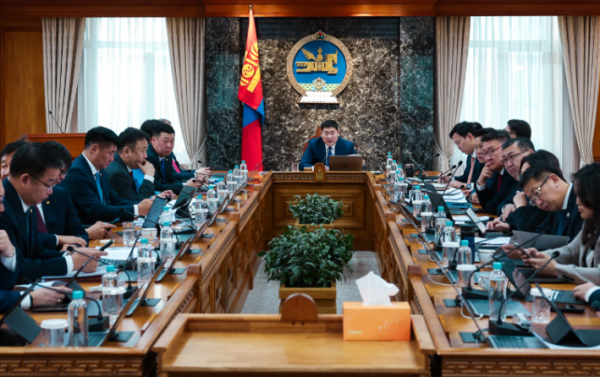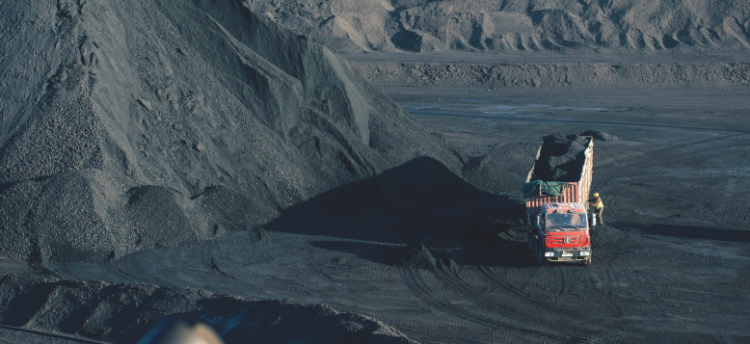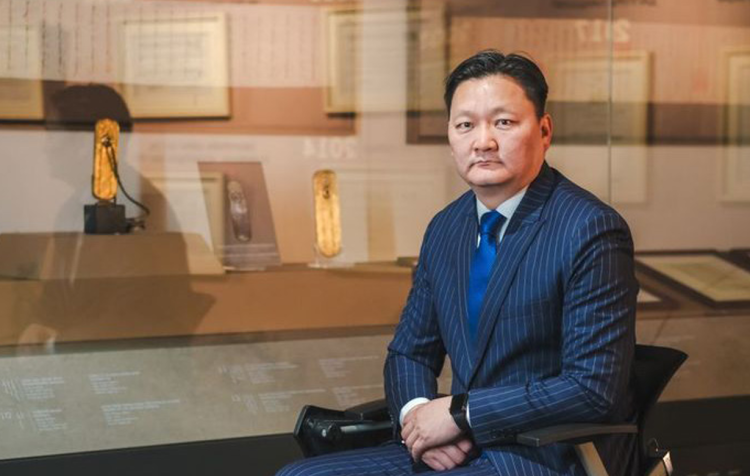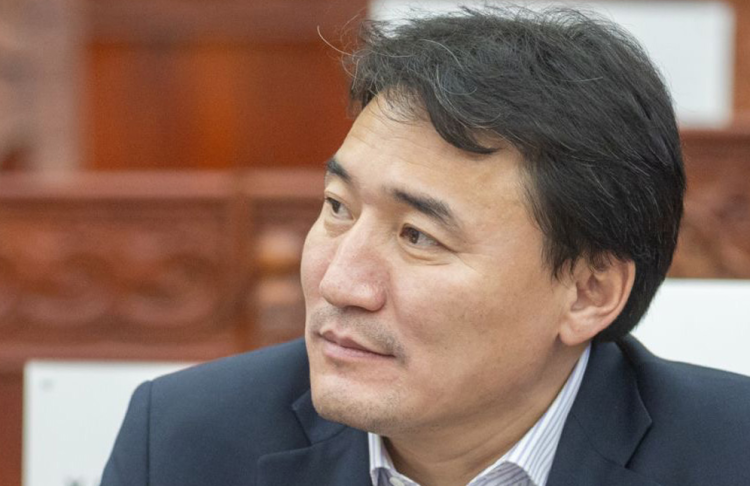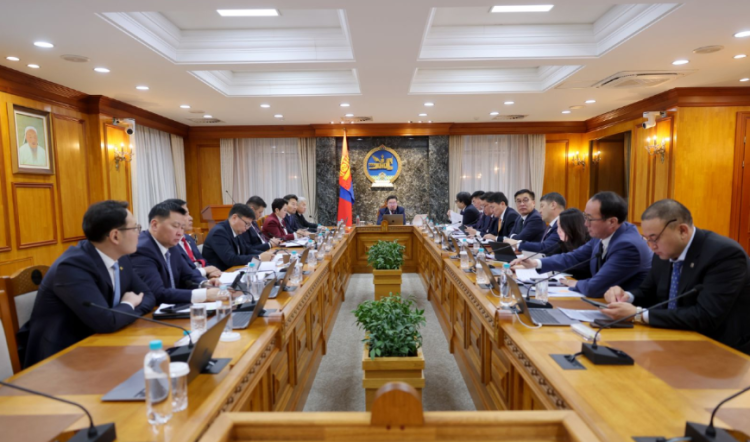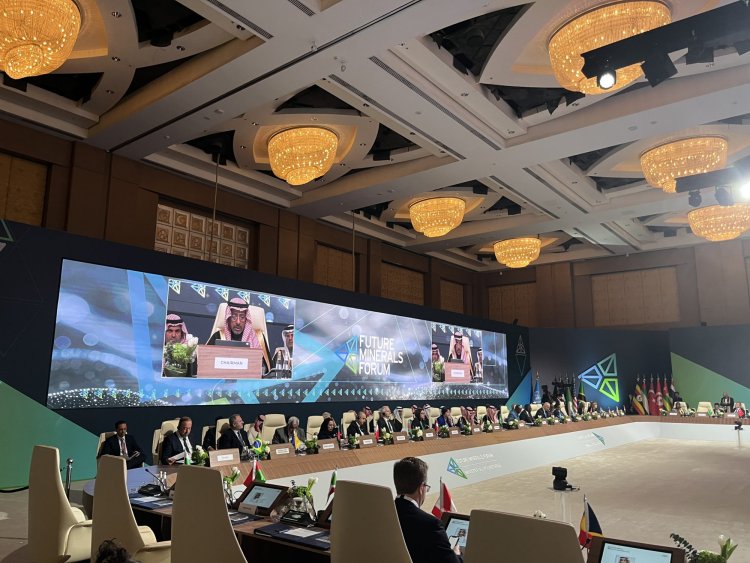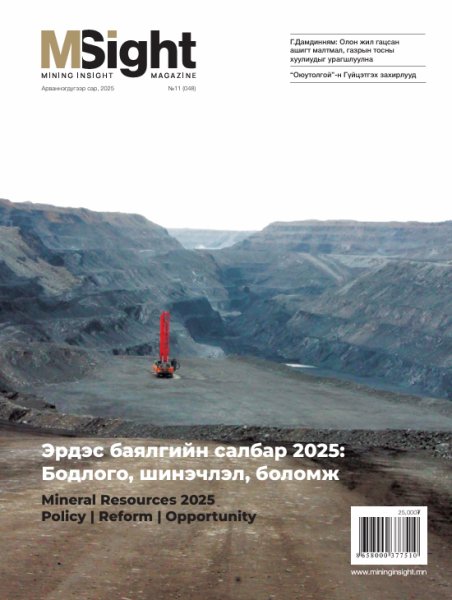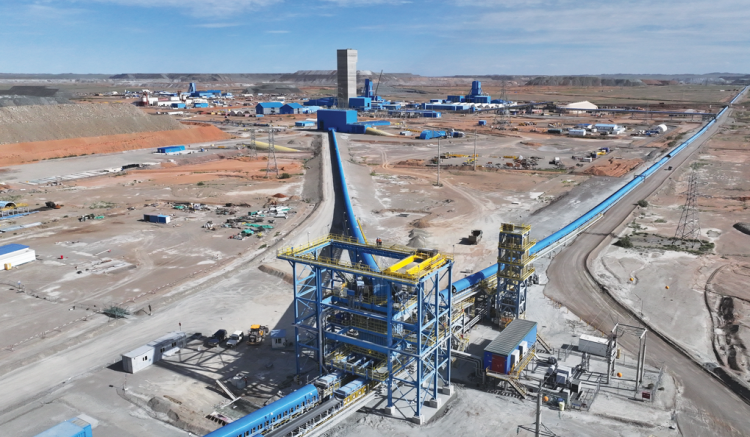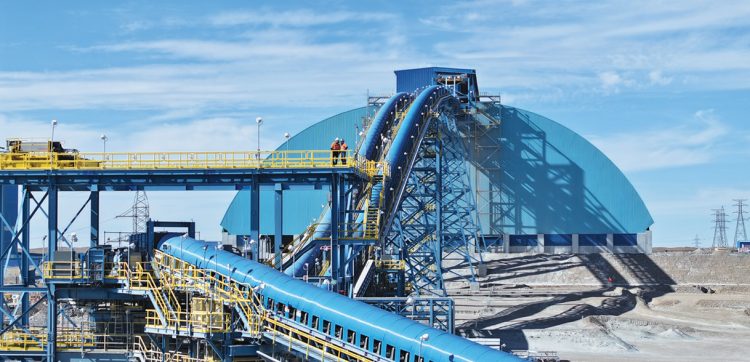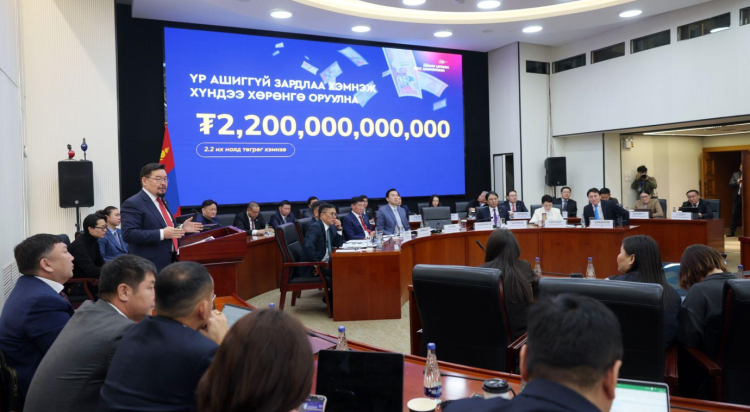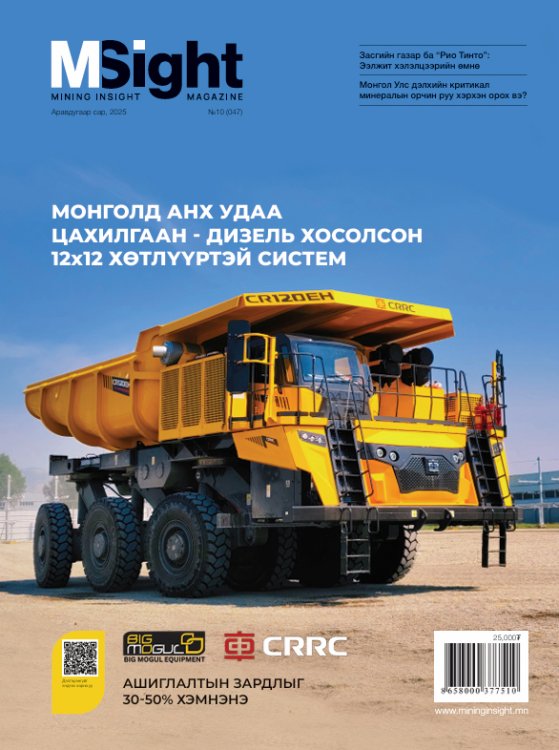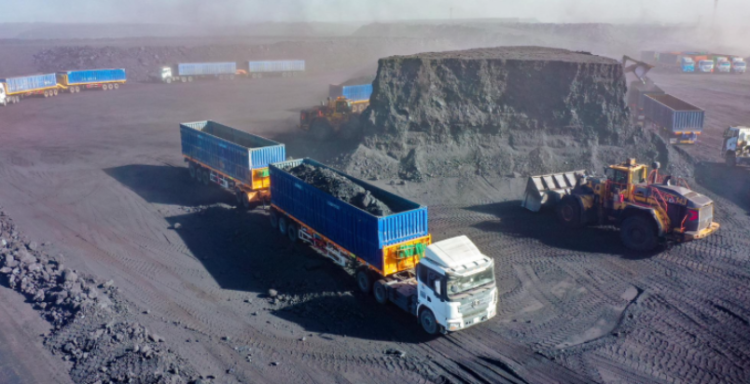 BOLDERDENE.S
BOLDERDENE.SThe total amount of taxes paid, goods, and services purchased by the TOP-4 Mongolian mining companies in the last 5 years is at least MNT 28 trillion. This, in a way, is the amount of investment from the mining sector as it directly impacts the economy. Of this, MNT 18 trillion was for purchase only. But the total budget expenditure last year was MNT 12.2 trillion.
In the last 10 years, particularly in the last two election cycles, a strong ideological wave spurred promises of distributing the benefits from natural resources equally to the public. As a result of these two elections, everyone can see that the slogan of equal access to natural resources, which used to be heard only on the streets and spewed from the mouths of a few populists, has turned into a state policy. Anyone opposing mining activities becomes a member of the parliament and a hero of the people, setting a standard that led the hungry masses to enter this new form of a “business”. Anyone wanting to make easy money is jumping into the mining sector with empty words. A middle-aged man who has been living in the city for 30 years after leaving a soum travels and returns to his hometown over the news of a gold mine opening in the area. Gathering like-minded comrades, he would embark on a holy war to save his homeland. People in the city know of cunning ways to make ordinary herdsmen look like they are suffering.

More effective the execution, the higher the profit. Some of the mercenaries who participate in rallies are paid in millions, while the organizers are provided with cars, have their children employed at the mining company, and send them to school for free. People behind such conspiracies are even running for office with flourishing businesses. They may be mistaking this for benefits from natural resources, but the poor herdsmen will never understand what exactly happened. Our politicians are using their abilities to incite the society that is already sinking deep into such ideology. As a result, the populism that is rooted in such ideology is now protected by law as a state policy. Let’s take a look back at the last parliamentary election, including election PR and its results in Umnugovi, the richest province with strong mining activity. A gentleman who recently returned to the ministerial seat was denouncing mining activities, revoking mining licenses for “exploiting people’s wealth” and labeling mining companies as insatiable evil.
At that time, it was obvious that the public and the community of Umnogovi were in favor of these decisions. Almost 10 licenses were revoked, but some were reinstated by court order. Now, the insatiable evil has become the minister, and the one denouncing has become the president. However, due to the big politicization, the Umnugovi community has a different approach to mining. At the Coal Mongolia 2022 meeting held a few days ago, the deputy governor of Umnugovi province said that the province will no longer issue licenses. “Since we won the election by making such a promise, we will fulfill our promise,” bluntly said the deputy governor. Both the governor and the member of parliament elected from the province have been saying the same thing from time to time, which is a clear example of how election promises are implemented into the state policy. As a result of this rapid wave, foreign investors in the mining industry are moving out, and the stateowned companies are starting to reign over the little wealth they have left. The state is deeply involved in the mining industry as a hero that protects its natural resources from foreign and domestic “thieves”.

The government’s promise of staying out of business competition and supporting the private sector is slowly turning into an empty slogan. Excluding Oyutolgoi LLC, taxes paid by private companies in the mining sector was less than state-owned companies last year, which shows the dominance of state ownership in this sector. Such a scenario will continue in the future. Less than 300 mining companies now generate MNT 4 trillion in tax revenue, which equals the total taxes from 3 million citizens and 30 thousand companies just 15 years ago. There is no use in advocating that the tax income is paying the salaries of 220,000 public servants, including doctors and teachers, building roads and cultural centers. Because these won’t answer perceptions over water issues and accessibility. So what is the solution? Should we wait for the “god of mining” to save this industry and companies from such a wave that has gained this huge momentum? Or should we complain to the government and ask for protection like a child? If you put all of this together and look back, you will think that all the problems are growing because the mining companies are not able to understand and work together with the local community and administration.
The community resents and opposes mining activities because it pollutes and destroys the environment, but there will be no significant positive changes in local development and people’s livelihoods. This protest and resentment continue to stick to all citizens, which can be used as bait for a group of people and politicians seeking power and profit. According to a report by the Minerals Council of Queensland, Australia, 56 mining companies operating in the state purchased a total of AUD 31.5 billion in goods and services in the 2018-2019 financial year. The majority was spent on purchases from in-state and even local suppliers. Only four percent or AUD 1.1 billion is made up of purchases from companies in 38 countries, including Mongolia. In particular, about 8,000 suppliers located outside the Brisbane metropolitan area spent AUD 10.6 billion. Developed mining countries produce their equipment and products, so it is impossible.
However, even in Australia, the mining industry has faced and continues to face, local opposition and criticism. To overcome all of that, we are still working to find a way out through cooperation and understanding with the stakeholders, and are still looking for solutions. For example, the Queensland Local Content Leaders Network (QLCLN) was formed by representatives of regional governments, community groups, and companies in the largest coal basins, Bowen, Galilee, and Surat. The network was created as a result of the recognition of the need for a partnership between stakeholders. QLCLN promotes regional Queensland businesses by taking a proactive, collaborative, and cooperative approach to helping local businesses integrate into the supply chain. It is best understood that the involvement of domestic and local suppliers brings benefits to the development and economic impact of the mining sector. The mineral sector accounts for more than half of Australia’s export earnings. To that extent, it is recognized as a very important social and economic sector. B.Tsenddoo once wrote that it is easier to punish the guilty than to correct a mistake. Don’t let mistakes go by without addressing them. The corruption of the past 30 years has indeed gone too far, and it is also true that small attempts to correct them have failed. Since we are celebrating our 100th anniversary, it is clear that the direction of development for the next 100 years will be determined by acknowledging the faults of the mining industry.
Therefore, it is necessary to act on the biggest mistakes made in the past. Instead of taking away the gold and throwing away the chest, introducing a way to provide real support in their lives may be one of the solutions to the problem. Don’t try to say that the work of the state will be done on behalf of the government. The amount of taxes paid by the mining industry is increasing over the years in Mongolia. Last year, over MNT 4 billion was collected. But documents show that they spend much more money on purchases than they pay in taxes. Data on purchases of mining companies are not transparent. Accordingly, we present the procurement data of TOP-4 mining companies from open sources. The information of the two largest state-owned companies was obtained from www.shilendans.mn, and the information regarding “Oyu Tolgoi” and “Energy Resources” was obtained from the company’s website and confirmed by authorized officials of the company. The above-mentioned four companies lead the industry in terms of tax payment and export revenue, so they can be considered the face of the industry. It cannot be denied that the information of two state-owned companies may differ from the information of other sources because it is a summary of the purchase report on www.shilendans.mn. Therefore, it was not possible to distinguish whether the data of the above two companies were domestic purchases or the total sum. However, the data of “Oyu Tolgoi” and “Energy Resources” are only domestically registered and also purchase data of national companies.
The money spent on purchases by the TOP-4 companies in the last five years exceeds MNT 18 trillion. Of course, the company that bought the most was “Erdenes Tavantolgoi”, not Oyu Tolgoi.
In particular, about MNT 2 billion in 2019 and MNT 4 billion, last year are making a head start. The main reason for the sharp increase in prices was the tendering and financing of concentrator and infrastructure projects. On the other hand, “Oyu Tolgoi” LLC is making purchases worth more than a trillion MNT every year because it is building a complex underground mining facility. “Oyu Tolgoi” is in first place in terms of the total amount of taxes paid and purchases.
The money spent on the purchase of goods and services by the TOP-4 companies is 77 percent more than tax payments.
Considering this ratio, the amount of taxes paid by the mining industry last year was MNT 4.8 trillion, and about MNT 8.5 trillion was paid for purchases. This is more than the investments and current expenses of the state budget in the current year. In other words, the mining companies pay more tax than the government purchases and investments. Before “Oyu Tolgoi” and “Tavantolgoi”, that is, before 2010, Mongolian businesses relied heavily on government tenders.
Large state-owned companies, such as Erdenet Mining Corporation, UBTZ, and MIAT even had the unofficial title of “Kingdom”. But today, the procurement of the mining sector almost doubles the amount of the government bids, which provides a great opportunity for businessmen. To that extent, the mining sector has a significant power capable of changing the structure of Mongolia’s business sector. Why not use this to solve the problems you face? One example is “Premium Group”. Five years ago, the company started working as a supplier for the “Oyu Tolgoi” project, and now it has developed several successful businesses, such as food chain stores and construction material production, and has become one of the TOP 100 companies in Mongolia. The founders emphasize the importance of being a stable, reliable, and long-term supplier of the mega project, including safety, business standards, and ample financial opportunities. Mining companies have the opportunity to enrich and develop many such companies. In particular, it is necessary to provide real benefits to the local people and the economy by supporting SMEs in the region they operate.
Mining Insight Magazine, September 2022



